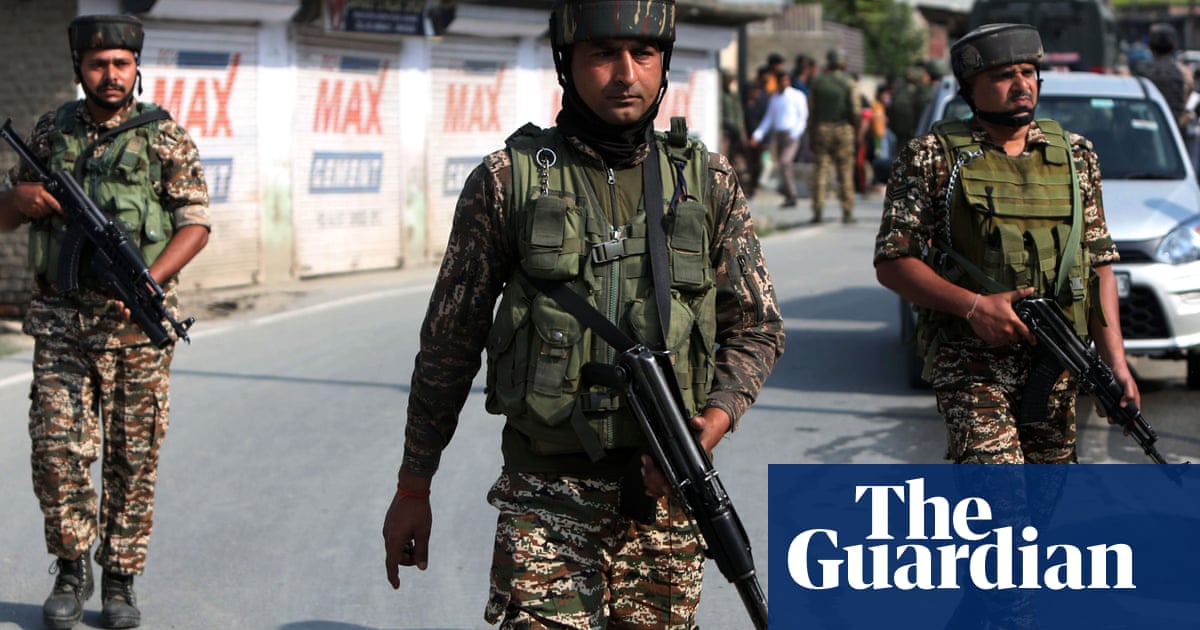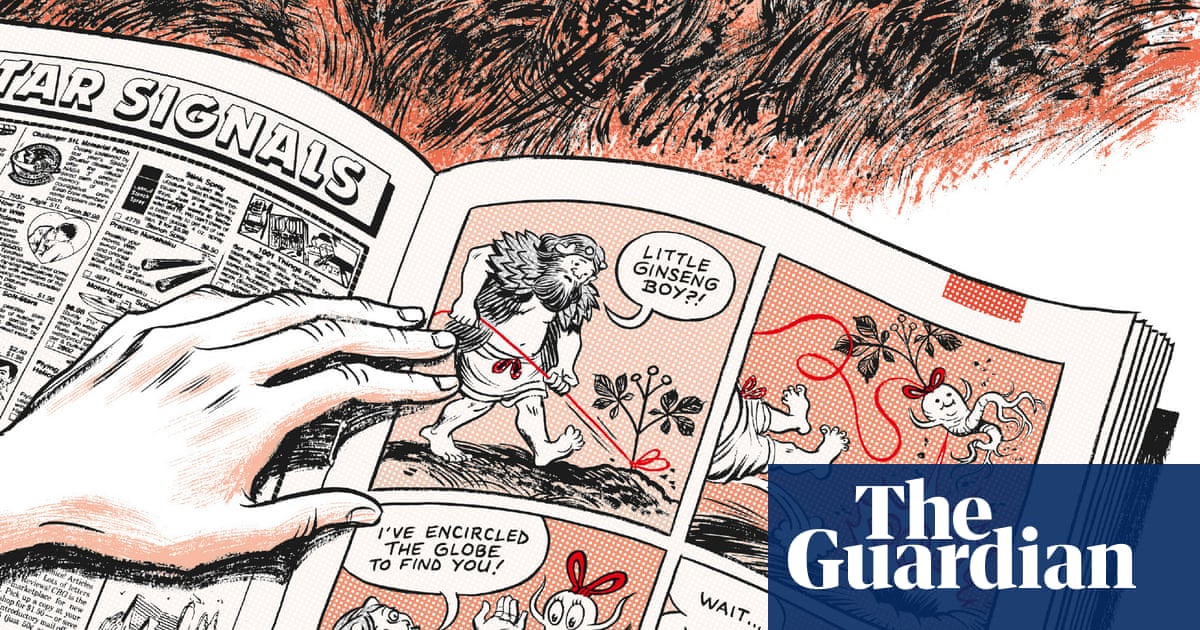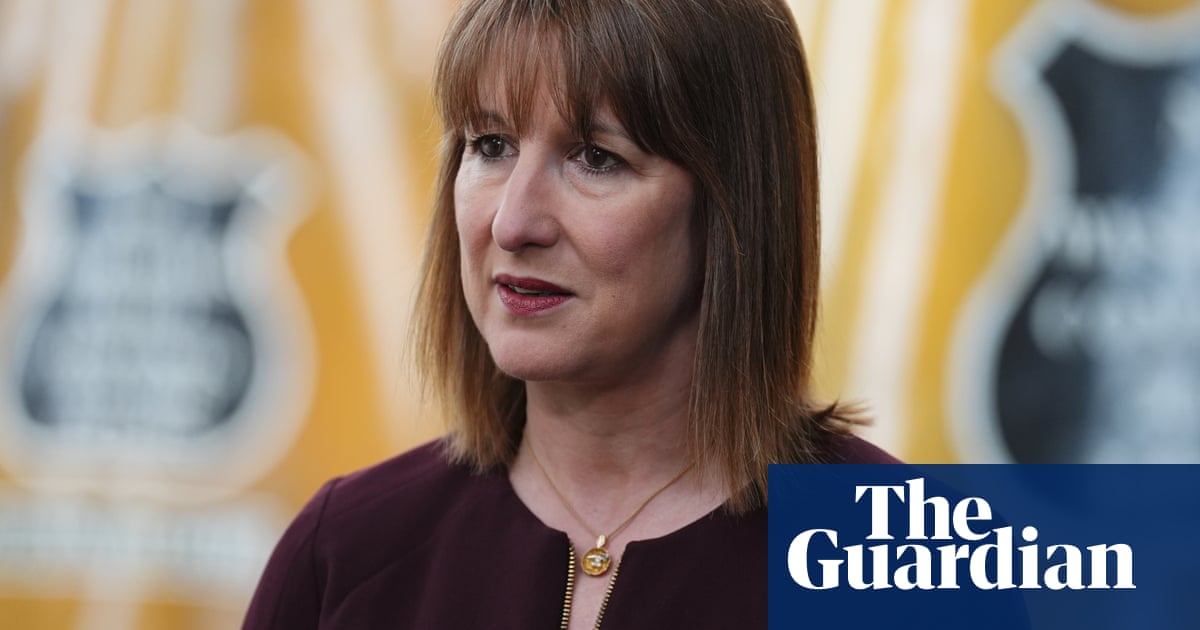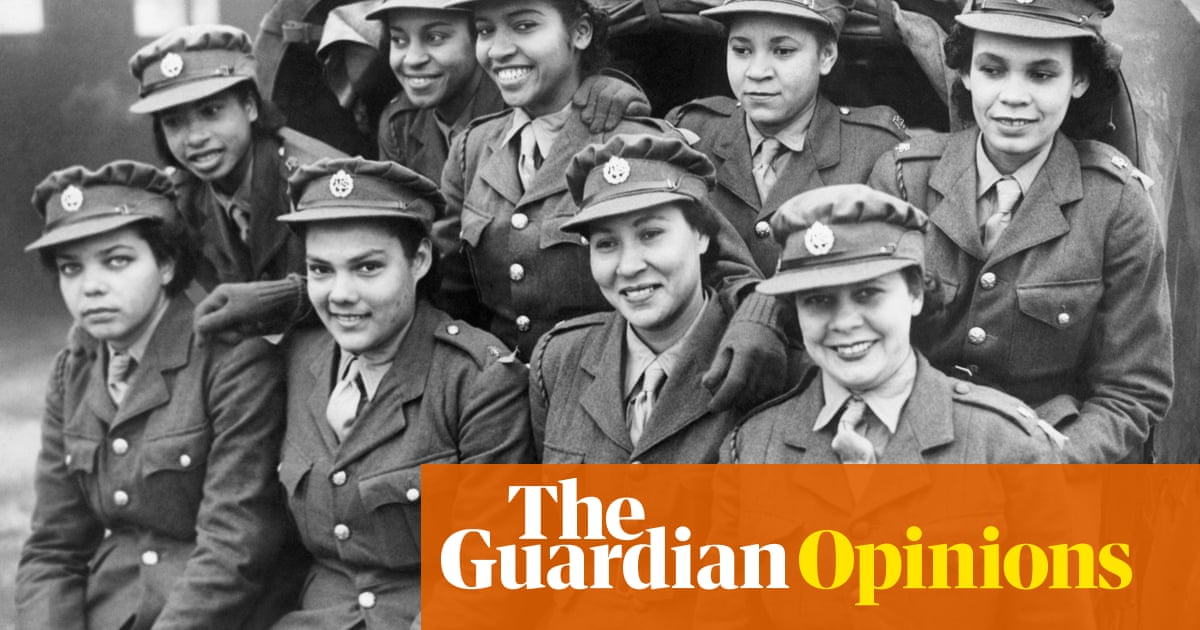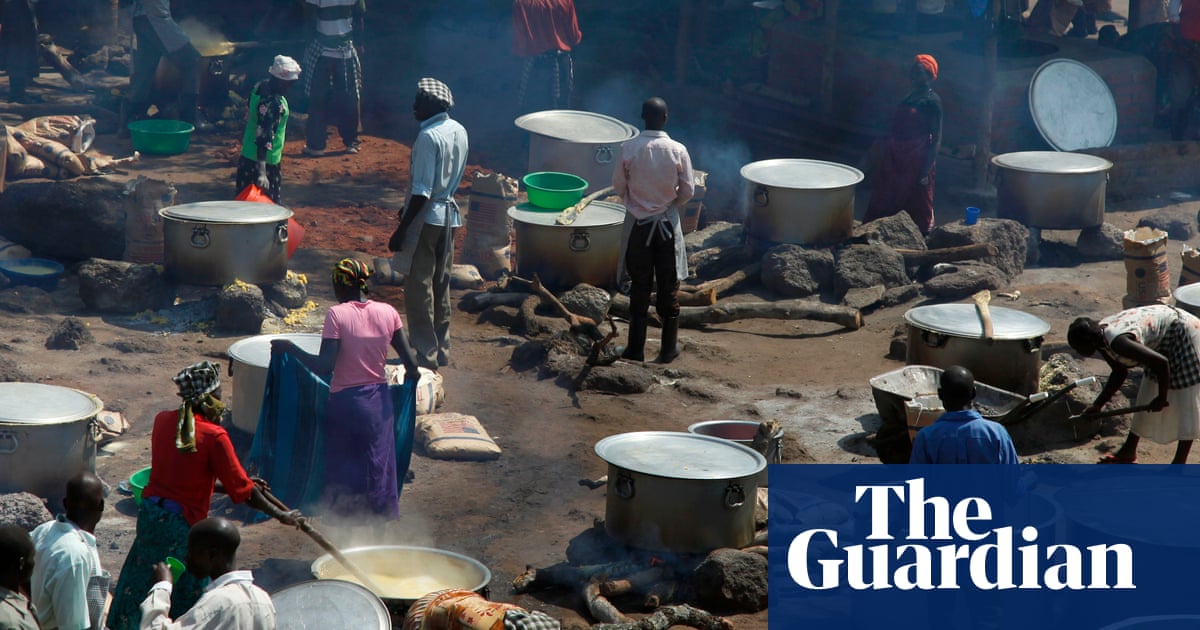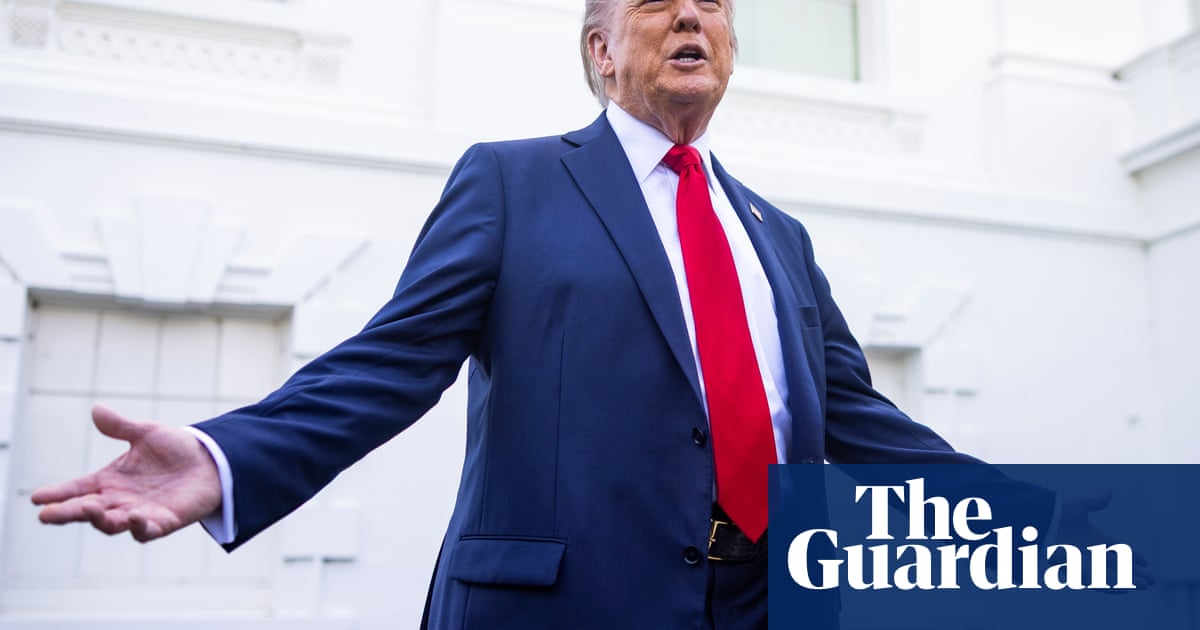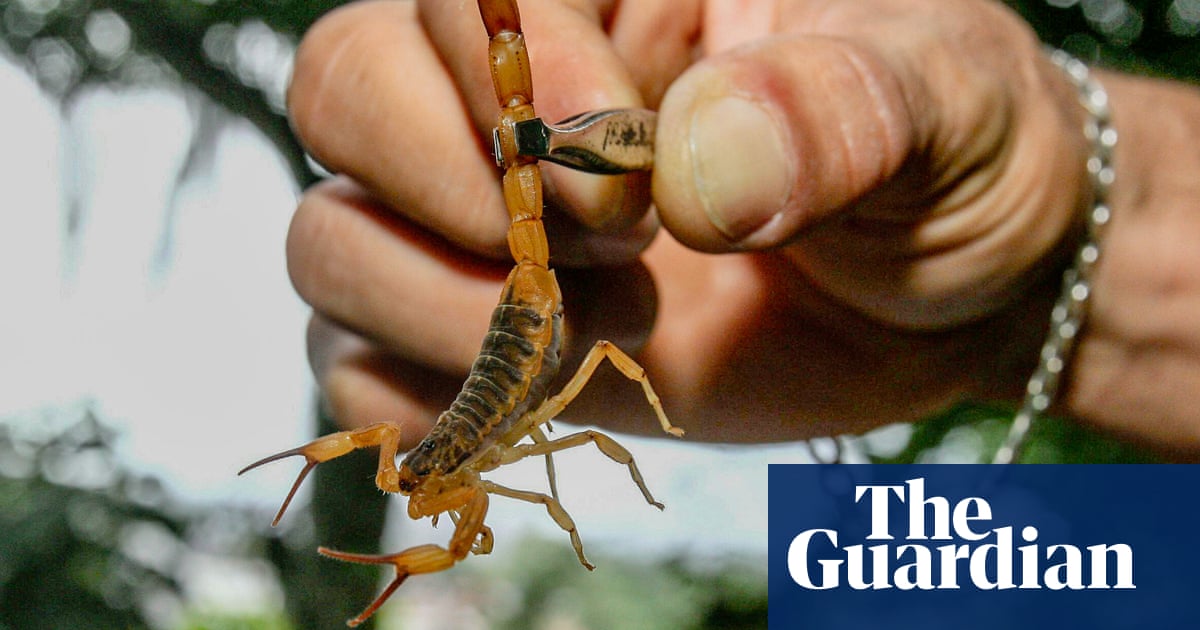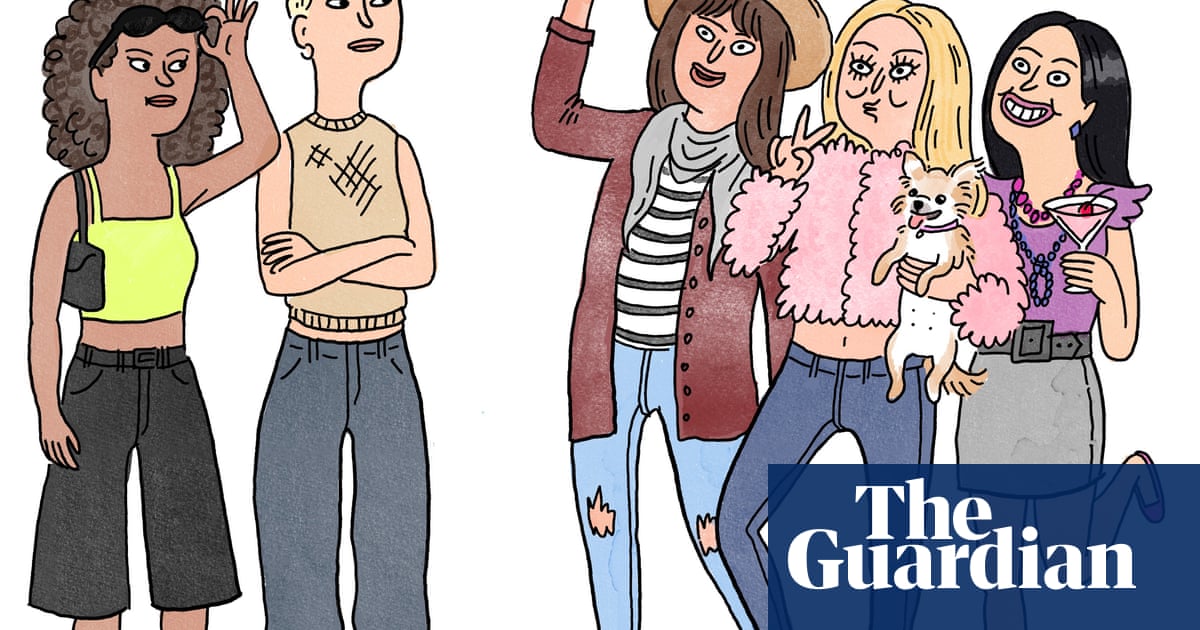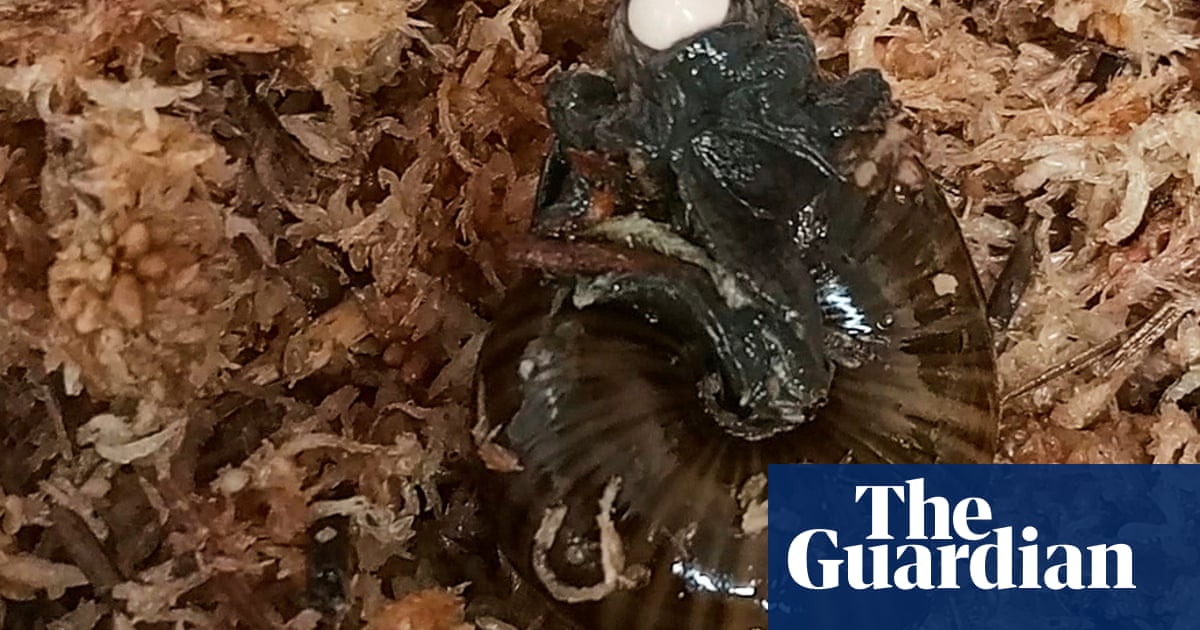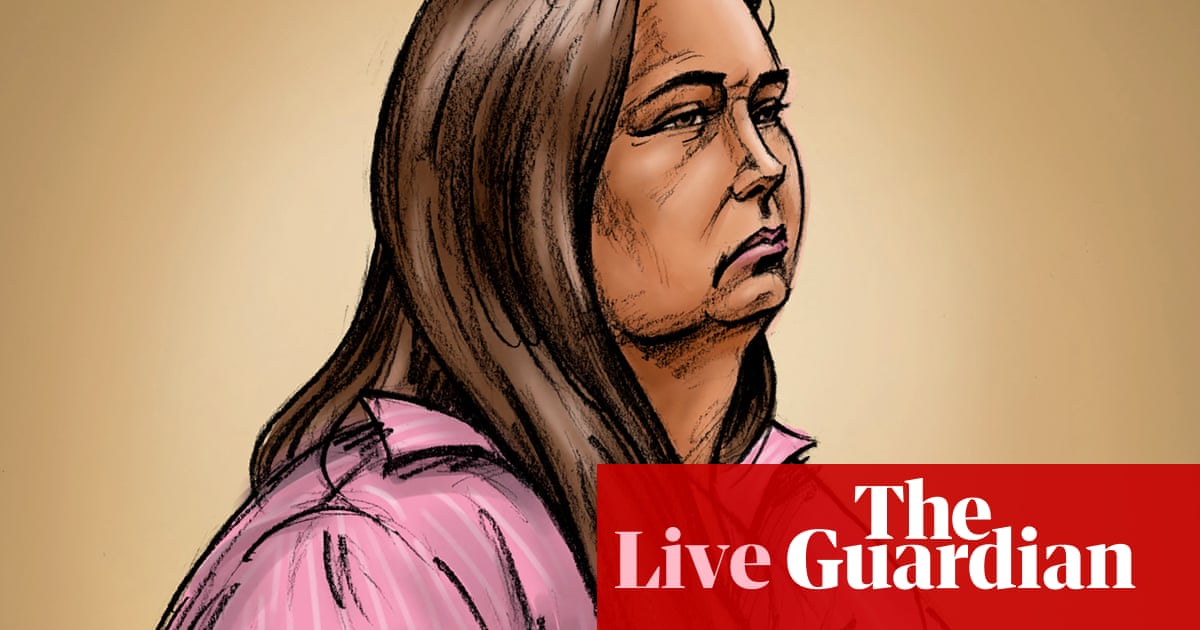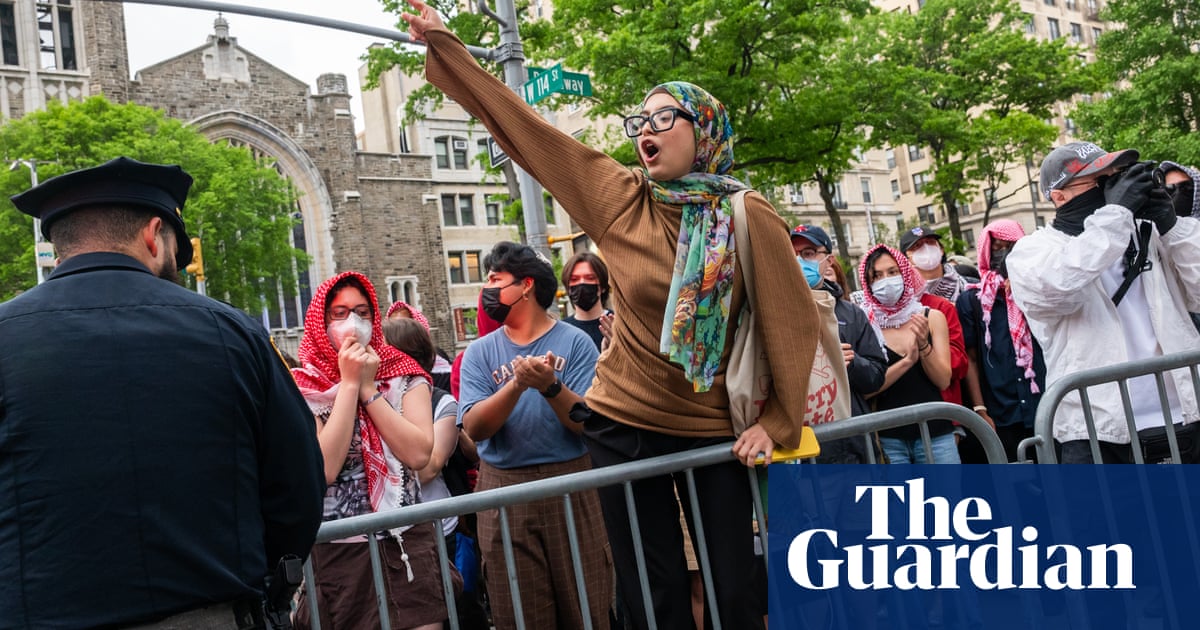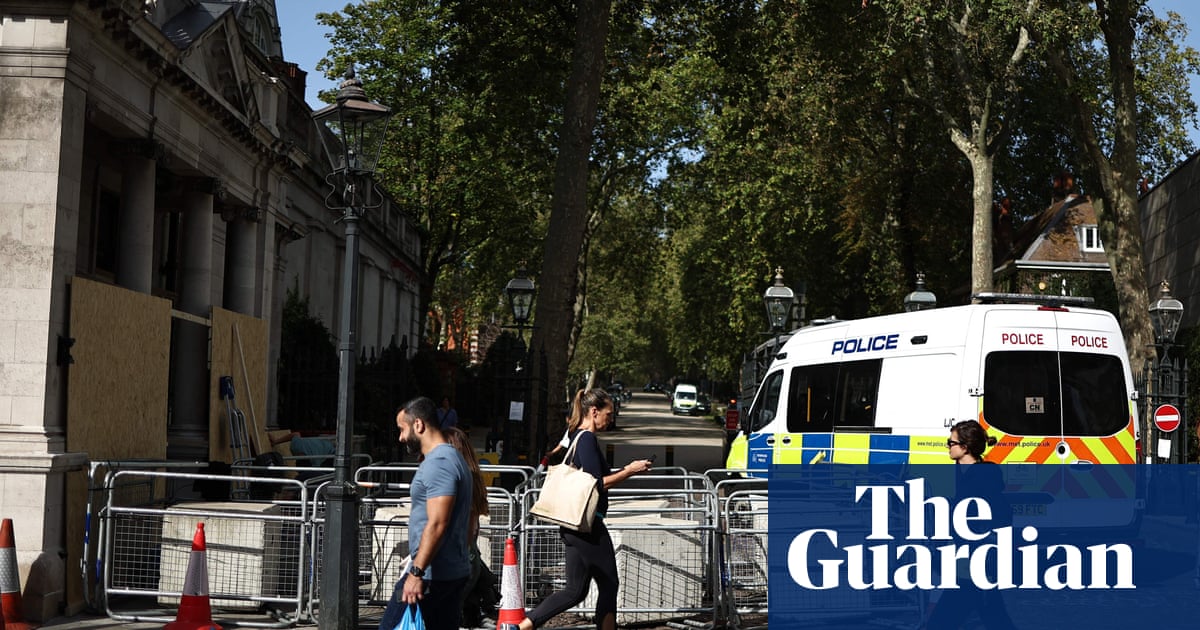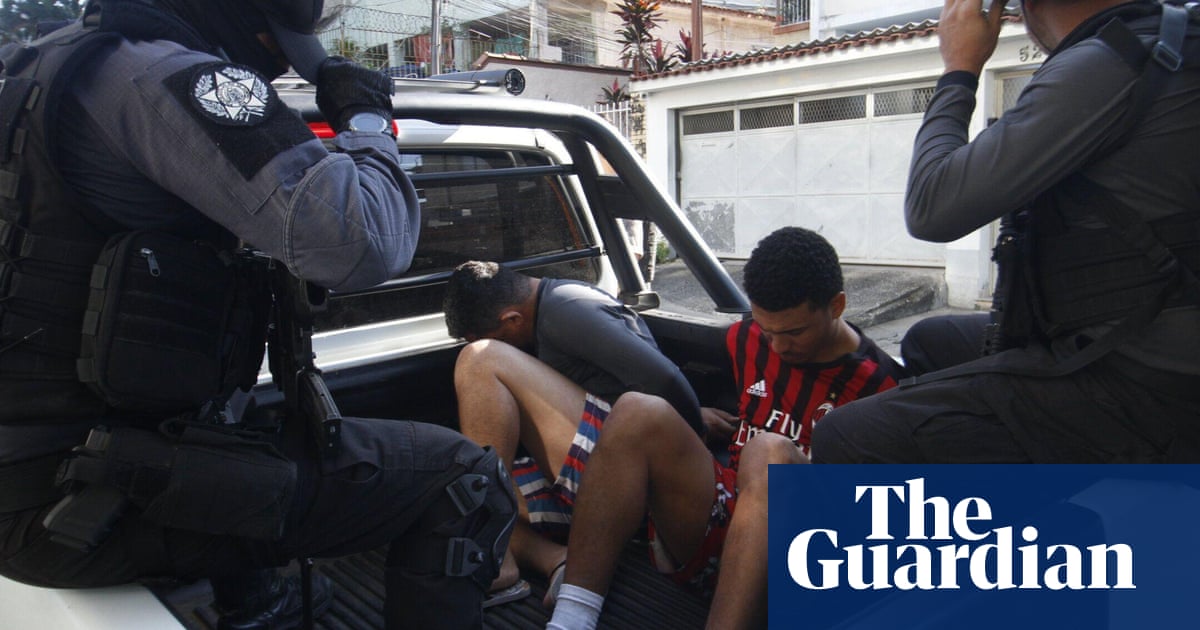Mariia Sinhayevska was 11 when the Germans occupied her village, near Zaporizhzhia in south-eastern Ukraine, then part of the Soviet Union. She can still remember some German words from the year she spent in school under occupation. The soldiers were friendly, she said, though not if you were suspected of being a Communist or a Jew.
“There was a place about three kilometres away where people used to say the ground was breathing; it was where the Germans put the bodies of all the people they had shot,” she said.
When the war ended, Sinhayevska trained as a welder in a Zaporizhzhia factory, and worked various jobs until her retirement in 1980. Now, at 95, war has come again, with the frontline just half an hour away from Zaporizhzhia and regular incoming fire not far from the home where she has lived since 1954.
“I hardly go out now, this war is so scary, maybe even more scary than that war,” she said.
A granddaughter who lived with her until three years ago left at the beginning of the full-scale invasion, to the safety of western Europe with her children, leaving behind rooms filled with religious icons, teddy bears and memories. Lonely and frightened, though with the stoicism of someone for whom life has never been easy, Sinhayevska does her own cooking and cleaning, and hopes for the war to end.
On Friday, Russia will mark 80 years since the Soviet victory in what is referred to there as the Great Patriotic War, with a military parade in Moscow and wild celebrations. In Ukraine, which contributed millions of soldiers to the Soviet army and where some of the most intense fighting took place, the anniversary will pass with a very different tone.

“Until 2014, 9 May was really a celebration, right until the time when Russia invaded and annexed parts of our country,” said Ivan Fedorov, the governor of the Zaporizhzhia region. After that, the country moved the commemoration date to 8 May, he said, in line with most of Europe. “It changed from a celebration to a day of memory and respect,” he added.
In Vladimir Putin’s Russia, the Soviet victory has become a key pillar of propaganda, with commemoration of the Soviet losses and brutality of the eastern front turned into a day of parades, flag waving and cheering children in uniform.
The memory of the old war seeped into the imagery of a new one. The orange and black St George’s Ribbon, first introduced by Catherine The Great in 1769, was later adopted as an official symbol of the victory. It also re-emerged as the main emblem of the Russia-backed separatist movement in east Ukraine in 2014. Russian propaganda melds the memory of that war with the contemporary fight against “Ukrainian Nazis”.
When Putin ordered the full-scale invasion in February 2022, one of his stated goals was the “de-Nazification” of Ukraine, even though the country’s president, Volodymyr Zelenskyy, grew up in a Russian-speaking Jewish family. “Nazis”, in current Kremlin terminology, often seems to mean little more than those who oppose Russia’s geopolitical goals.
Fedorov was previously the mayor of Melitopol, a city not far from Zaporizhzhia that was occupied in the first days of the war. He was detained by Russian occupation forces who told him he could either collaborate or resign.
During his days in detention, one of his captors began berating him about history. “They didn’t have much to justify their invasion with, and one of the reasons they gave was that supposedly we beat up veterans on 9 May,” he said. He assured the guard he knew all the remaining veterans in Melitopol personally, was grateful to them, and that nobody had beaten them up. The guards searched for a video on YouTube, but could not find it, and concluded it had been deleted, he said.
“It’s such strong propaganda… for them 9 May is a cult, a cult that Russia should always be fighting for something,” he said.
In Melitopol and other occupied parts of Ukraine, Russian authorities have mounted huge billboards featuring patriotic messages about the 80th anniversary of the victory. But in the rest of the country, the invasion, together with Moscow’s grotesque propaganda, has helped build more of a consensus around second world war memory, which had been a complex and often pained topic. The wartime Ukrainian nationalist movement, part of which cooperated with Germany, had been considered heroes by some Ukrainians and villains by others. Now, the war for survival has become more important than memory politics, even if some difficult questions remain.
At the Second World War museum in Kyiv, a vast complex opened in 1981 on Victory Day by Leonid Brezhnev, curators have left one part of the exhibit as a “time capsule” of Soviet flags and military relics, said Yurii Savchuk, the director. In other parts of the museum, changes are underway. On the top floor, an art exhibition juxtaposes images from the second world war and the current war. In front of a huge Soviet-era mural of the storming of the Reichstag in a devastated Berlin, a contemporary artist has mounted a small metal Kremlin on a pedestal, the implication clear.

“The new war has allowed us to quickly solve some questions that we had postponed for the next generations,” said Savchuk. The museum was also taking the “first steps” to address issues such as collaboration, he said, though did not give details. The need for national unity in the current war means in-depth examination of some of the most difficult questions may be postponed a while longer.
In Zaporizhzhia, a largely Russian-speaking industrial city in south-east Ukraine, Victory Day was traditionally celebrated at the Alley of Glory, built around a monument of a heroic Soviet soldier and opened in 1965, for the 20th anniversary of victory. In 2014, the spot became a gathering point for pro-Russian rallies. Clashes broke out at one of the rallies with pro-Ukraine protesters who threw eggs at the separatists, with the ensuing standoff entering local lore as Egg Sunday.
“That was really a time when the city showed itself to be proudly Ukrainian,” said Valentyna Vynychenko, a 74-year-old tour guide from the city. Both of her parents were war veterans, but their relation to the war had always been far from the official pomp and ceremony, she said. Her mother would break her teetotal rule once a year on 9 May, when she would drink a shot of vodka in memory of those she had left behind. Neither parent talked much about the horrors they had seen or the emotions they had felt during the war.
“It wasn’t a celebration for her, it was a solemn day of memory. But she rarely talked about it and she never cried. I couldn’t understand it at all. Now, with this war, I have come to understand her perfectly. The pain, the tears, it’s all there, but it’s there somewhere deep inside you,” she said.
After 80 years, in Ukraine as elsewhere, the second world war will soon not be an event in anyone’s living memory. One of the few veterans remaining in Ukraine is 99-year-old Ivan Nikolenko. In a small apartment on the outskirts of Dnipro, he donned a pinstriped jacket heavy with his Soviet-era medals to recount his story. He signed up for a sniper school as a 16-year-old in 1942, shortly after his father had left for the front and been killed.
Nikolenko, who will turn 100 next week, fought on the Ukrainian front, where he was known as “Sonny” among his comrades as he was the youngest among them. Most of his friends died; he was wounded twice, first in the leg near Dnipro and the second time as a result of shrapnel hitting his chest in the fight to liberate Kryvyi Rih. The second explosion left him deaf in the left ear, and more than eighty years later, he can still feel a hard lump in his chest.
He lives just a few kilometres from the places he was once fighting, and like many of his generation, he misses the Soviet Union. He considers himself Russian, despite the Ukrainian passport he has held for the past three decades. But more than anything, he said, he wanted an end to the war, and for Dnipro to be safe enough for all of his great-grandchildren to return from western Europe.
“I always used to think in five-year plans but now I have a two-year plan. To live for two more years, to make it until there is peace,” he said.

 16 hours ago
11
16 hours ago
11
